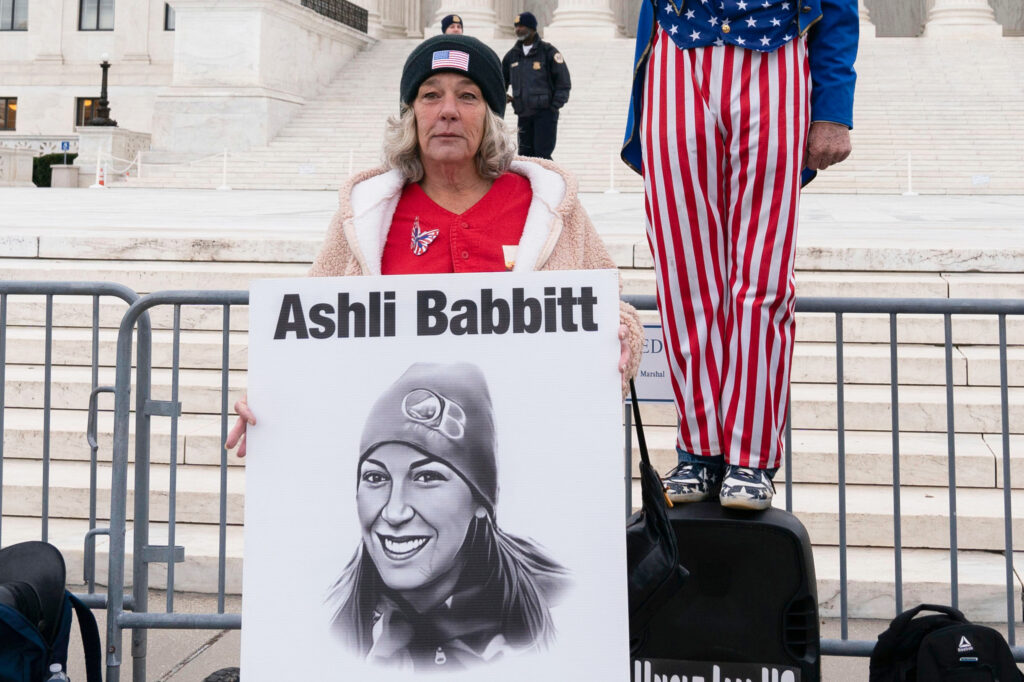
Introduction
Ashli Babbitt has become a significant figure in discussions surrounding the events that transpired on January 6, 2021, at the U.S. Capitol. Her involvement in the riot and subsequent shooting by law enforcement has raised profound questions regarding political extremism, accountability, and the ramifications of civic unrest in modern democracy. Understanding her case is crucial in comprehending the ever-evolving nature of political discourse in the United States.
Background
Ashli Babbitt, a 35-year-old Air Force veteran from San Diego, California, participated in the Capitol insurrection as supporters of then-President Donald Trump sought to overturn the 2020 presidential election results. Videos of the riot showed Babbitt attempting to breach a barricaded entrance to the Speaker’s Lobby, a restricted area within the Capitol. On that day, she was shot by a Capitol Police officer, resulting in her death and triggering outrage across the political spectrum.
The Fallout from the Incident
Following Babbitt’s death, the incident prompted an intense debate regarding the use of force by law enforcement, especially in a politically charged context. The U.S. Capitol Police faced scrutiny over their protocols, while Babbitt became a martyr figure for some far-right groups, symbolizing perceived governmental overreach. The Department of Justice eventually concluded that the officer acted lawfully, stating that Babbitt posed a threat to officers protecting members of Congress during the riot.
Public Reaction and Legacy
The polarized response to Babbitt’s death reflects deeper divisions within American society. Some conservative commentators have lauded her as a patriot, while progressives have criticized the mythologization of her actions as indicative of broader extremist tendencies seen on January 6. The Capitol riot left a lasting mark not only on U.S. policy regarding security but also on the public perception of political dissent and the responsibilities of citizens in a democratic society.
Conclusion
The story of Ashli Babbitt continues to serve as a focal point in discussions about political violence, civil liberties, and the consequences of extreme political beliefs. As the nation grapples with the undeniable fallout of the January 6 insurrection, Babbitt’s case urges readers to reflect on the complex relationship between activism and accountability. It remains essential for citizens and policymakers alike to navigate the challenging waters of political discourse, especially in an era marked by divisive rhetoric and civil unrest.






